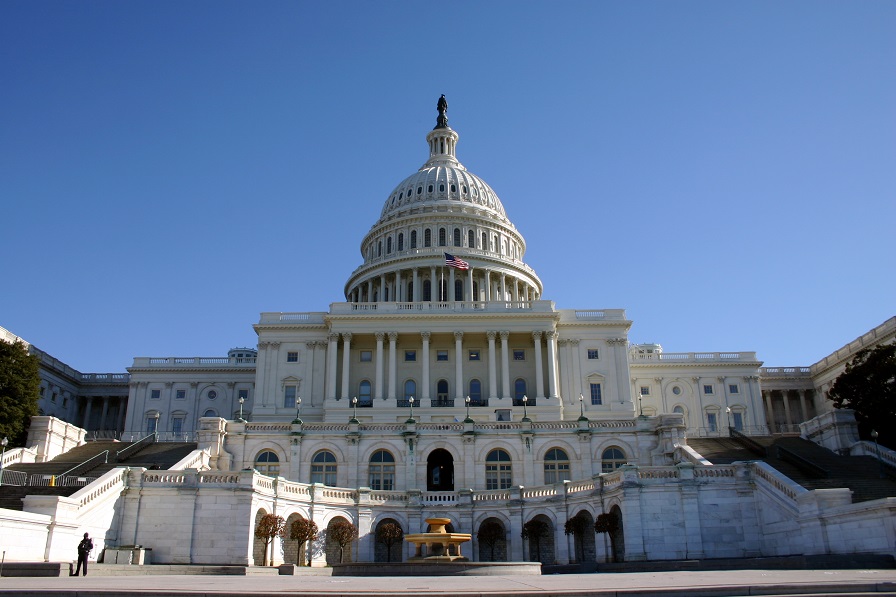Bill Introduced to Eliminate Pesticide Permits
Repsentative Gibbs (R-OH), Schmidt (R-OH), and Baca (D-CA) introduced H.R. 872, a bipartisan bill to reduce the regulatory burdens posed by the National Cotton Council v. EPA court decision. Joining as original co-sponsors were House Agriculture Committee Chairman Lucas (R-OK) as well as Reps. Peterson (D-MN), Mica (R-FL) and Simpson (R-ID).
The NCC issued an Action Alert to its directors, national interest organizations, producer and ginner interest organizations and environmental task force – encouraging them to contact Cotton Belt Representatives and urge them to co-sponsor, if they have not already, or support this legislation. Congressional contacts can be found on the NCC website, www.cotton.org
Under the court ruling, pesticide users, which include farmers, ranchers, forest managers, state agencies, city and county municipalities, mosquito control districts, and water districts, among others, would have to obtain a duplicative permit under the Clean Water Act (CWA) for the use of pesticides. Pesticide applications already are highly regulated under the Federal Insecticide, Fungicide, and Rodenticide Act (FIFRA). This permitting system is a paperwork exercise that provides no additional environmental protections but increases the regulatory burden on states and the liability of pesticide applicators.
The court ruling goes into effect on April 9, ’11. At that time, pesticide applications not covered by a National Pollutant Discharge Elimination System (NPDES) permit are subject to a fine of up to $37,500 per day per violation. In addition to the cost of compliance, pesticide users will be subject to an increased risk of litigation under the citizen suit provision of the CWA.
The legislation would amend FIFRA and the CWA to clarify Congressional intent and eliminate the requirement of a NPDES permit for the use of FIFRA-registered pesticides.
Meanwhile, EPA has asked the court for an extension to allow more time for the finalization of the general permits. EPA asked that the deadline be extended from April 9, ’11 to October 31, ’11. During the period while the court is considering the extension request, permits for pesticide applications will not be required under the CWA.
The extension request is important to allow sufficient time for EPA to engage in Endangered Species Act consultation and complete the development of an electronic database to streamline requests for coverage under the Agency’s general permit. It also will allow time for authorized states to finish developing their state permits and for permitting authorities to provide additional outreach to stakeholders on pesticide permit requirements.








